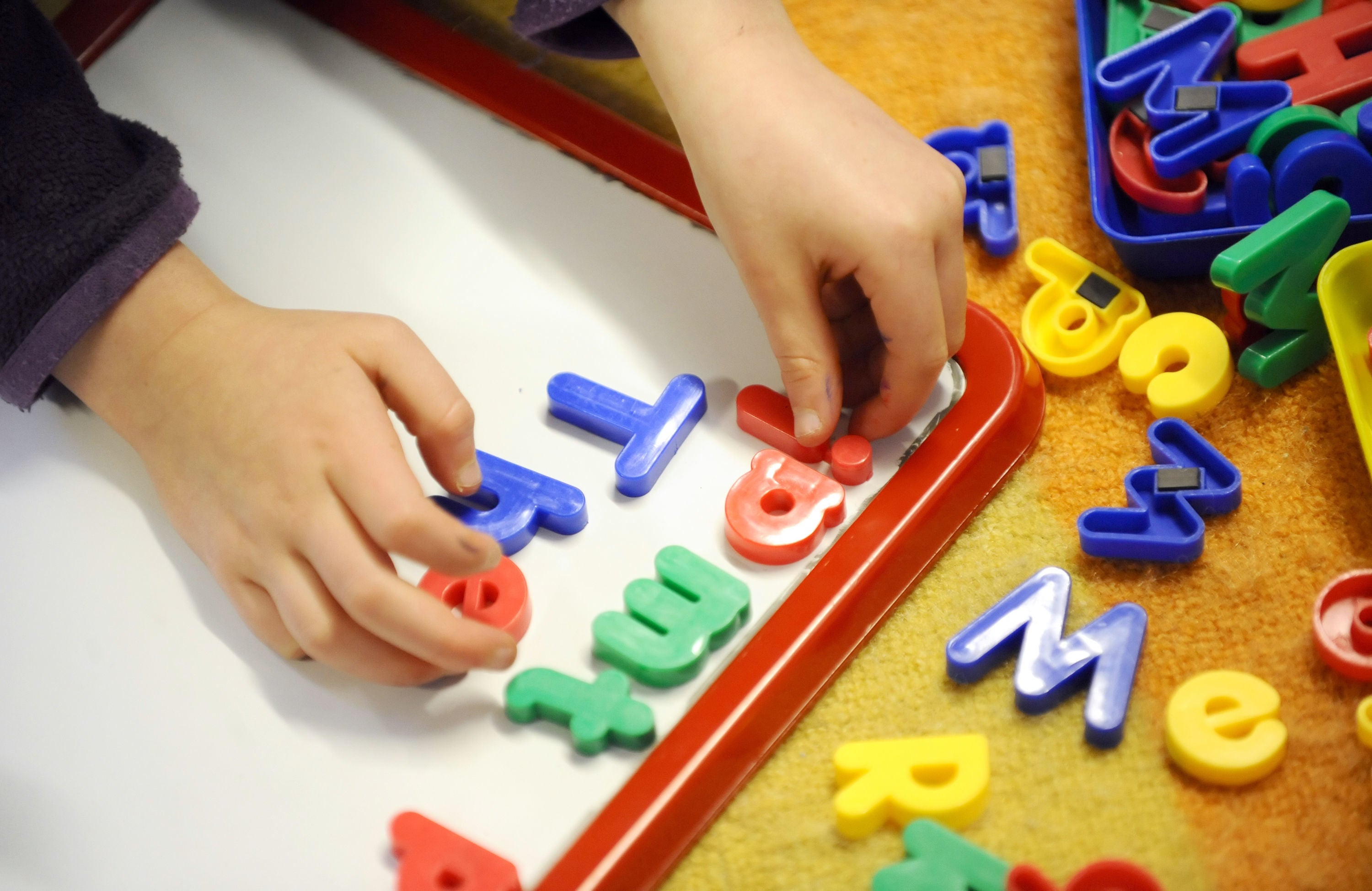ADHD breakthrough as brain stimulation could ‘transform the lives’ of children
Study explores use of tRNS alongside cognitive training as a treatment for ADHD
Your support helps us to tell the story
From reproductive rights to climate change to Big Tech, The Independent is on the ground when the story is developing. Whether it's investigating the financials of Elon Musk's pro-Trump PAC or producing our latest documentary, 'The A Word', which shines a light on the American women fighting for reproductive rights, we know how important it is to parse out the facts from the messaging.
At such a critical moment in US history, we need reporters on the ground. Your donation allows us to keep sending journalists to speak to both sides of the story.
The Independent is trusted by Americans across the entire political spectrum. And unlike many other quality news outlets, we choose not to lock Americans out of our reporting and analysis with paywalls. We believe quality journalism should be available to everyone, paid for by those who can afford it.
Your support makes all the difference.Stimulating the brain using electrodes could help ease symptoms of attention deficit hyperactivity disorder (ADHD) in children, a study has found.
Transcranial random noise stimulation (tRNS) works by sending a mild electrical current to the brain through two electrodes on the scalp.
The study, led by researchers from the University of Surrey and the Hebrew University of Jerusalem – and published in the Translational Psychiatry journal, explored the use of tRNS alongside cognitive training as a treatment for ADHD.

Roi Cohen Kadosh, head of the School of Psychology and professor of cognitive neuroscience at the University of Surrey, said: “I believe that the scientific community is duty-bound to investigate and develop evermore effective and longer-lasting treatments for ADHD.”
The clinical trial included 23 newly diagnosed and unmedicated children between the ages of six and 12, who were recruited from groups referred to the ADHD clinic by doctors, teachers, psychologists or parents.
Researchers at the computerised neurotherapy lab at the Hebrew University of Jerusalem administered tRNS during cognitive training each weekday over a two-week period.
The parents of 55 per cent of the group reported “significant clinical improvement” in ADHD symptoms to researchers, compared to 17 per cent in a control group that was given placebo brain simulation.
Prof Kadosh said the findings demonstrate the treatment “has the potential to transform the lives of children and their families”.
ADHD is a neurodevelopmental disorder and symptoms include hyperactivity, an inability to focus and impulsiveness.
According to the National Institute for Health and Care Excellence (Nice), it is present in about 5 per cent of children globally.
Researchers are now preparing to start a larger clinical trial using tRNS and cognitive training.
“If successful, this approach will be approved as a medical device for ADHD by the United States Food and Drug Administration,” Prof Kadosh said.
Dr Mor Nahum is co-lead of the study and head of the computerised neurotherapy lab at the Hebrew University of Jerusalem.
She added: “This is an important first step in offering new therapeutic options for ADHD.
“Future studies, with larger and more varied samples, should help establish this as a viable therapy for ADHD, and help us understand the underlying mechanisms of the disorder.”





Join our commenting forum
Join thought-provoking conversations, follow other Independent readers and see their replies
Comments